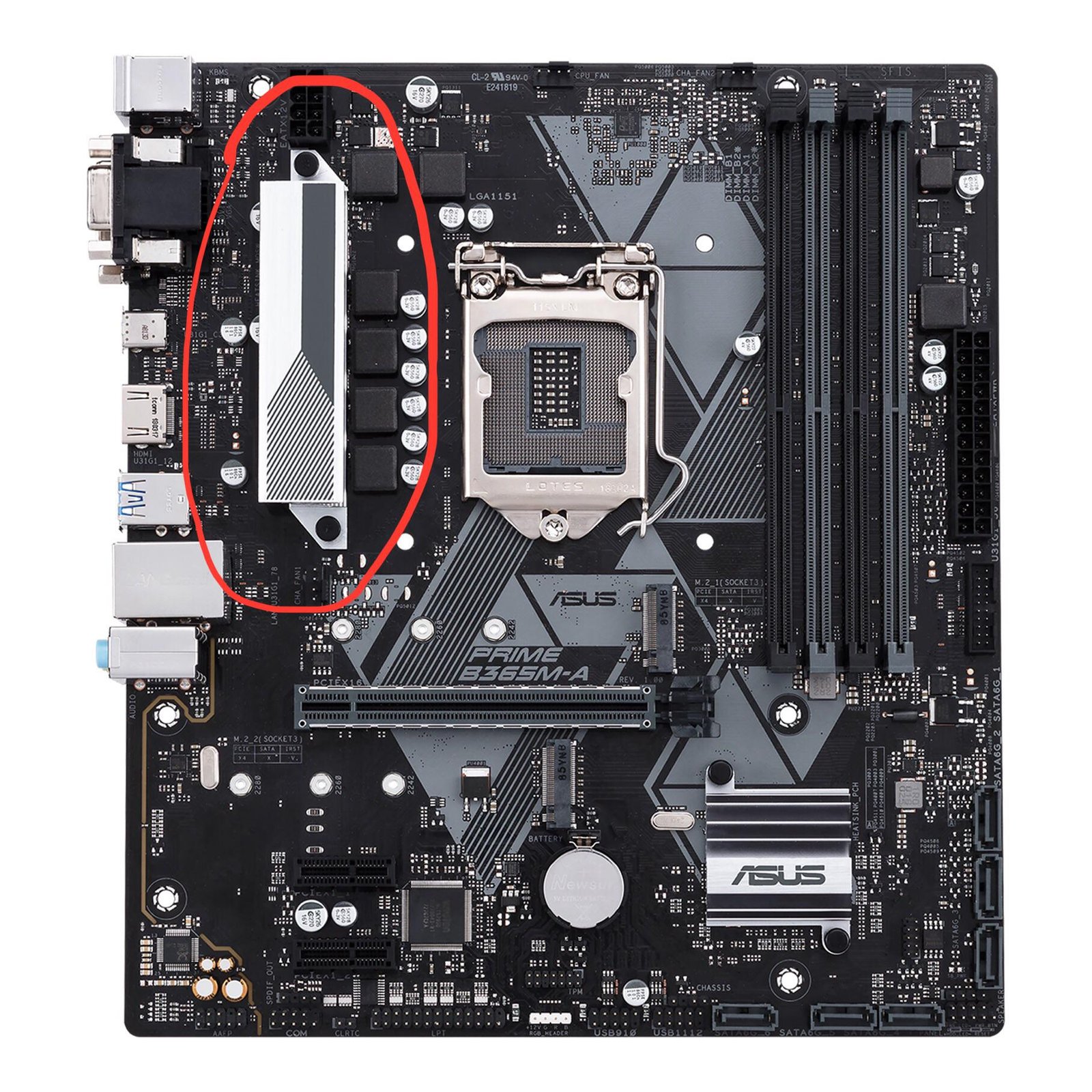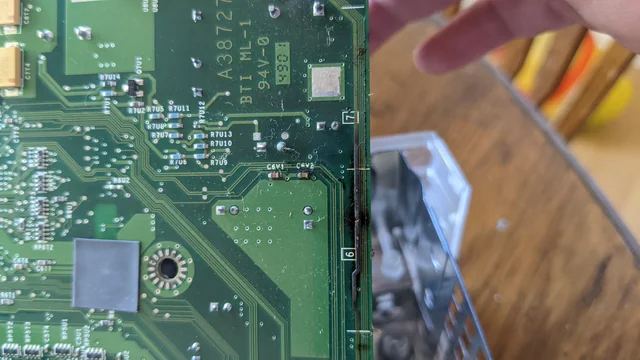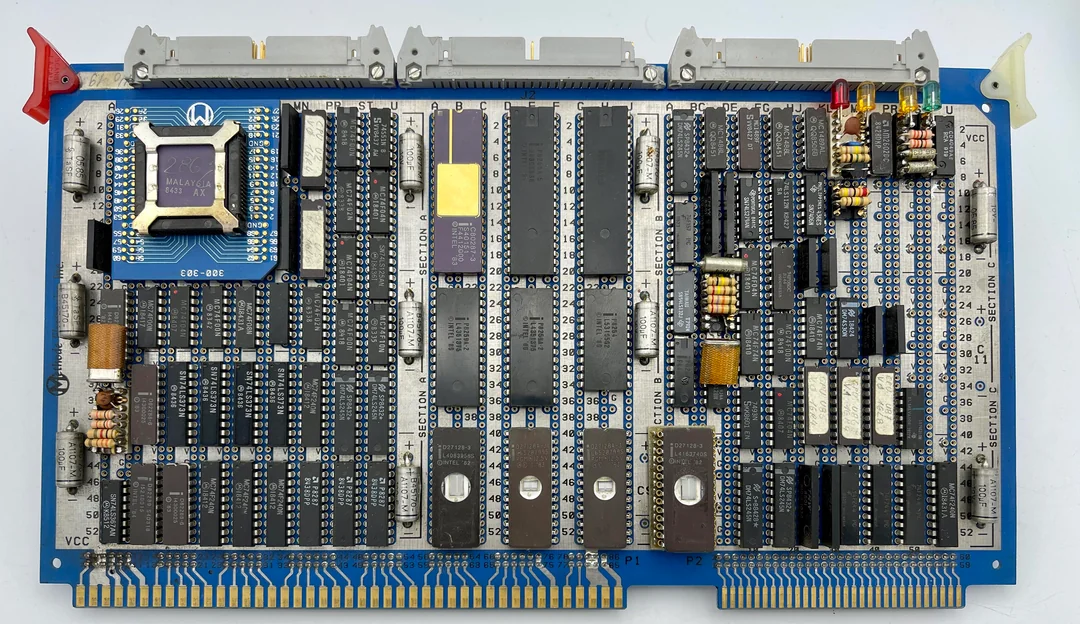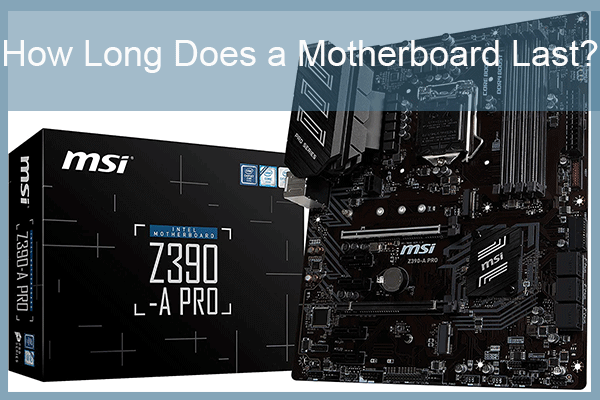Table of Contents
does motherboard Last, The lifespan of a motherboard can vary depending on several factors, including usage, quality, and environmental conditions. On average, a motherboard can last anywhere from 5 to 10 years. High-quality motherboards from reputable brands might last even longer, while those from lesser-known brands might have a shorter lifespan.
Here are some factors that can impact a motherboard’s lifespan:
- Quality and Brand: Higher-quality components and reputable brands tend to have longer lifespans.
- Usage: Heavy use, such as gaming or intensive computing, can strain the motherboard more than light or moderate use.
- Cooling and Environment: Proper cooling and a dust-free environment can help extend the motherboard’s life. Overheating and dust buildup can lead to premature failure.
- Electrical Stability: Stable power supply and protection against power surges can prevent damage to the motherboard.
Regular maintenance and monitoring can help maximize the lifespan of your motherboard.
How to Extend the Life of Your Motherboard?


 Here are some factors that extend the life of your motherboard and long the motherboard last.
Here are some factors that extend the life of your motherboard and long the motherboard last.
- Proper Cooling:
- Stable Power Supply:
- Gentle Handling:
- Update BIOS:
- Avoid Overclocking:
- Proper Installation:
- Keep Software Updated:
- Regular Maintenance:
- Avoid Static Electricity:
- Monitor Temperatures:
What are causes to motherboard damage?
does motherboard Last, Motherboard damage can stem from a variety of causes, ranging from physical issues to electrical problems. Here are some common ones:
- Power Surges: Sudden spikes in electrical power can damage sensitive components on the motherboard. Using a surge protector can help mitigate this risk.
- Static Electricity: Discharging static electricity can fry delicate components on the motherboard. Always ground yourself or use anti-static wristbands when handling computer parts.
- Overheating: Inadequate cooling can cause components to overheat, leading to potential damage. Ensure your PC has proper ventilation and cooling systems.
- Physical Damage: Dropping the motherboard or applying undue force can crack or break it. Handle with care during installation or maintenance.
- Incorrect Installation: Improperly installing components or mounting the motherboard can cause physical stress or short circuits.
- Moisture: Exposure to moisture or spills can cause short circuits and corrosion. Keep your computer in a dry environment and clean up any spills immediately.
- Faulty Components: Faulty or incompatible components (like RAM, CPU, or power supply) can cause issues or damage the motherboard. Make sure all components are compatible and in good working order.
- Dust and Debris: Dust buildup can cause overheating and short circuits. Regularly clean your computer to prevent dust accumulation.
- Improper Use: Overclocking or pushing components beyond their limits can cause excessive heat and instability, potentially damaging the motherboard.
- Aging: Over time, motherboards can suffer from wear and tear, and components may degrade, leading to potential failure.
Regular maintenance, proper handling, and ensuring a clean, stable environment can help extend the life of your motherboard and prevent damage.
Ways to How long does motherboard Last.
does motherboard Last, To maximize the lifespan of a motherboard and ensure it lasts as long as possible, you can follow these best practices:
- Proper Cooling:
- does motherboard Last,Ensure your system has adequate cooling to prevent overheating, which can damage the motherboard and other components. Use quality fans, heatsinks, and ensure proper airflow within the case.
- Stable Power Supply:
- does motherboard Last, Use a reliable and high-quality power supply unit (PSU) to provide consistent power. Sudden power surges or failures can harm the motherboard.
- Regular Cleaning:
- does motherboard Last, Keep your computer clean and free of dust. Dust can block airflow and cause overheating, which negatively affects the motherboard.
- Avoid Overclocking:
- does motherboard Last, Overclocking components can increase stress on the motherboard. Stick to recommended settings to avoid undue strain.
- Proper Installation:
- Ensure that all components, such as RAM and CPU, are properly seated and that no components are physically damaged during installation.
- Monitor System Health:
- Use software to monitor system temperatures and voltages. Address any issues such as high temperatures or unstable power supplies promptly.
- Update BIOS and Drivers:
- Keep the motherboard’s BIOS and drivers updated to ensure compatibility with new hardware and to fix any bugs that might affect performance.
- Environmental Conditions:
- Keep your computer in a cool, dry place. Avoid exposure to moisture, extreme temperatures, and direct sunlight.
- Handle with Care:
- Be cautious when handling internal components. Static electricity and physical damage can affect the motherboard’s longevity.
- Regular Maintenance:
- Perform periodic checks and maintenance to ensure everything is functioning correctly and to preemptively address any issues.
By following these practices, you can help extend the lifespan of your motherboard and maintain optimal performance throughout its life.
Conclusion of how long does motherboard Last.
does motherboard Last, The lifespan of a motherboard can vary based on several factors, including usage, quality, and environmental conditions. On average, a motherboard can last anywhere from 5 to 10 years. High-quality motherboards and those kept in optimal conditions (such as stable temperatures and minimal dust) may last longer. However, advancements in technology and the need for compatibility with newer components often drive upgrades before the motherboard fails. Regular maintenance and avoiding overclocking can help extend its life.
